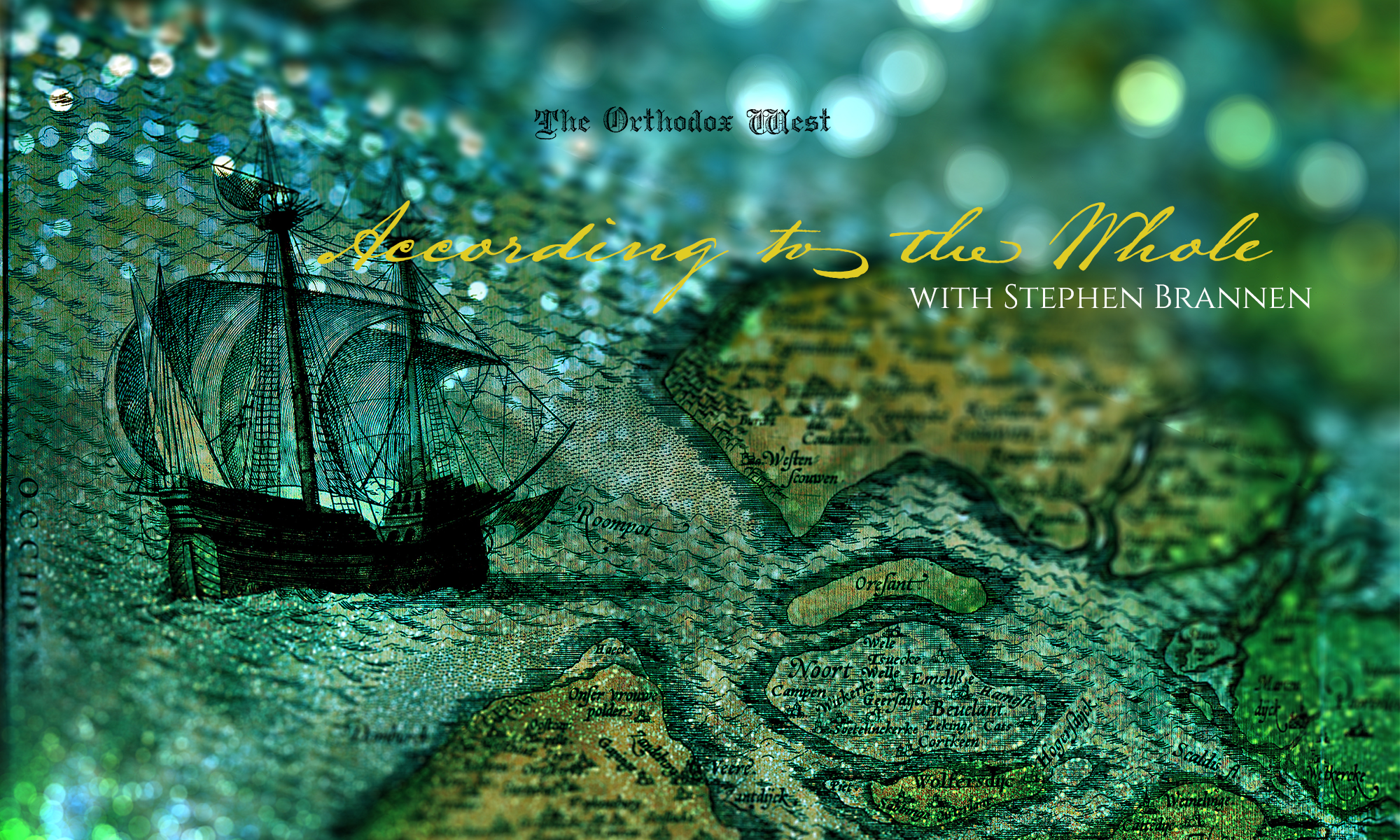
In the first decades of the Church, Christians (both in Jerusalem and the cities where the Apostles preached) would have used essentially the same liturgical form of worship. Over time, as the Church grew to include various people groups and their languages, the original Eucharistic service from Jerusalem was developed and adorned by those various peoples according to their unique musical and artistic expressions, poetic traditions, and senses of beauty, dignity, and piety. Continue reading “Comparing the Liturgies of East and West”


